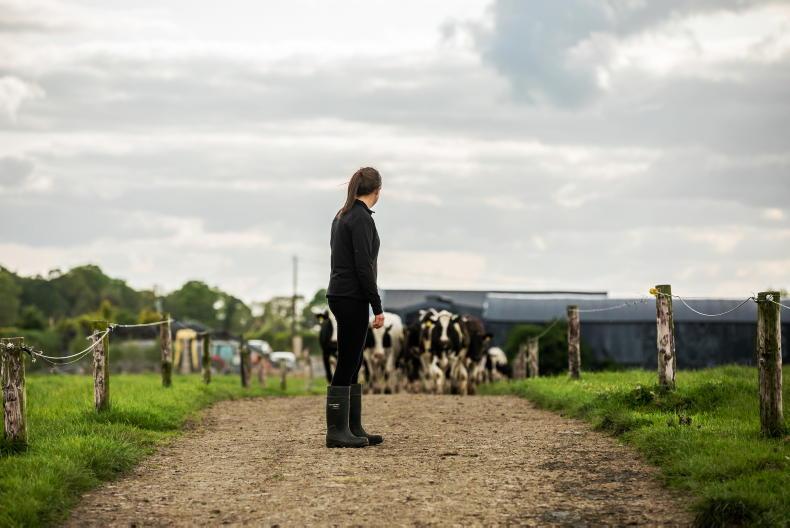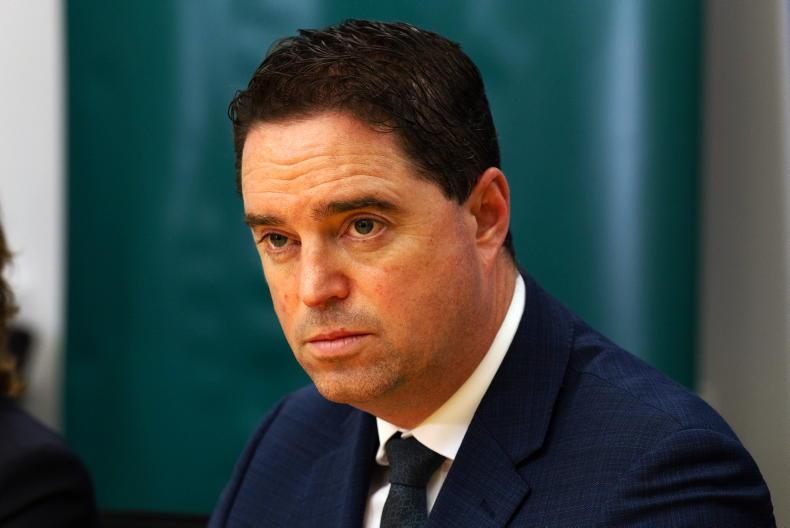As part of its Europe 2020 strategy, in 2010 the EU set three targets for broadband: by 2013, to bring basic broadband to all Europeans; by 2020, to provide all Europeans with fast broadband (over 30 Mbps); and by 2020, to ensure take-up by 50 % or more of European households to ultra-fast broadband (over 100 Mbps).
To support these objectives, the EU implemented a series of policy and regulatory measures and made some €15bn available to member states in the period 2014-2020 through a variety of funding sources and types, including €5.6bn in loans from the European Investment Bank (EIB).
Audit committee
The committee addressed the effectiveness of action taken by the European Commission and the member states to achieve the Europe 2020 broadband objectives.
The audit covered the 2007-2013 and the 2014-2020 programme periods and all the EU funding sources, including support provided by the EIB. The audit work extended to all those parts of the commission with significant roles to play in broadband, and the EIB.
For a more detailed understanding of the national issues, the audit committee focused on five member states: Ireland, Germany, Hungary, Poland and Italy.
Rural broadband
The committee found that broadband coverage has generally been improving across the EU but that the Europe 2020 targets will not all be achieved. It was clear from the audit that rural areas, where there is less incentive for the private sector to invest in broadband provision, remain less well connected than cities and take-up of ultra-fast broadband is significantly behind target.
Rural areas remain problematic in most member states; the committee noticed that by mid-2017, 14 had coverage in rural areas of less than 50%.
Recommendations
The committee stated that member states should develop new plans for the period after 2020.
It was also stated from the audit that the commission should clarify the application of the state aid guidelines as some member states were interpreting them in a way which may limit their investment in broadband.
The committee finalised that Europe should also support member states’ efforts to foster more competition in broadband service provision by incentivising the set-up of appropriate networks and aggregating smaller projects into those of a critical size, where appropriate.
Read more
EU Commission officially unveils cap 2020 proposals
Lower GHG emissions from grazed grass, study finds
As part of its Europe 2020 strategy, in 2010 the EU set three targets for broadband: by 2013, to bring basic broadband to all Europeans; by 2020, to provide all Europeans with fast broadband (over 30 Mbps); and by 2020, to ensure take-up by 50 % or more of European households to ultra-fast broadband (over 100 Mbps).
To support these objectives, the EU implemented a series of policy and regulatory measures and made some €15bn available to member states in the period 2014-2020 through a variety of funding sources and types, including €5.6bn in loans from the European Investment Bank (EIB).
Audit committee
The committee addressed the effectiveness of action taken by the European Commission and the member states to achieve the Europe 2020 broadband objectives.
The audit covered the 2007-2013 and the 2014-2020 programme periods and all the EU funding sources, including support provided by the EIB. The audit work extended to all those parts of the commission with significant roles to play in broadband, and the EIB.
For a more detailed understanding of the national issues, the audit committee focused on five member states: Ireland, Germany, Hungary, Poland and Italy.
Rural broadband
The committee found that broadband coverage has generally been improving across the EU but that the Europe 2020 targets will not all be achieved. It was clear from the audit that rural areas, where there is less incentive for the private sector to invest in broadband provision, remain less well connected than cities and take-up of ultra-fast broadband is significantly behind target.
Rural areas remain problematic in most member states; the committee noticed that by mid-2017, 14 had coverage in rural areas of less than 50%.
Recommendations
The committee stated that member states should develop new plans for the period after 2020.
It was also stated from the audit that the commission should clarify the application of the state aid guidelines as some member states were interpreting them in a way which may limit their investment in broadband.
The committee finalised that Europe should also support member states’ efforts to foster more competition in broadband service provision by incentivising the set-up of appropriate networks and aggregating smaller projects into those of a critical size, where appropriate.
Read more
EU Commission officially unveils cap 2020 proposals
Lower GHG emissions from grazed grass, study finds








SHARING OPTIONS